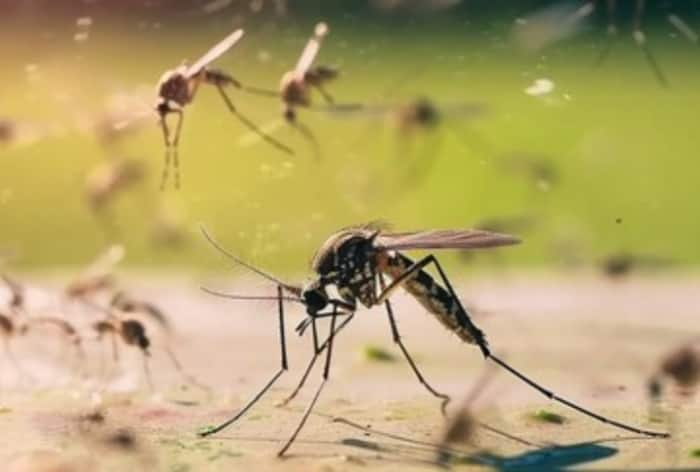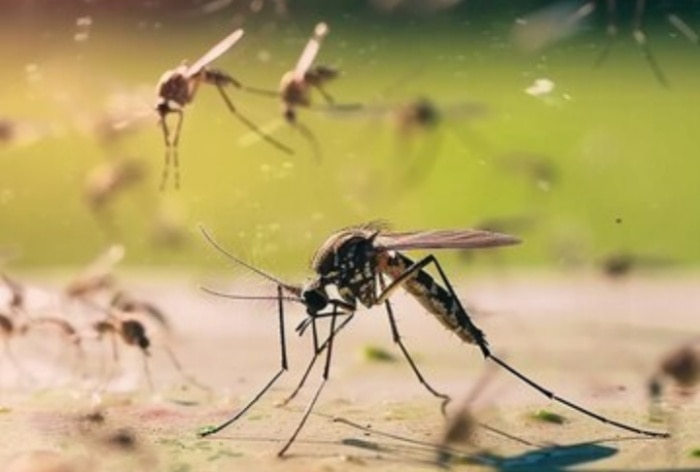Dengue cases are constantly witnessing an uptick in Bengaluru. Can temperature also affect the rise in cases? Read on to know how it ay affect spread of infection.

Dengue or break bone disease, has crossed 1000 plus mark in Bengaluru alone. There has been an exponential uptick of dengue cases in Karnataka. Amid the rising cases, what we can do is take all the necessary precautions one needs to adhere to. With the advent of monsoon season, breeding grounds, humid climate is making for a conducive environment for mosquitoes. Karnataka has been witnessing a spike in Dengue cases as compared to year 2023. According to the State Health Department, there were a total of 3,957 cases of Dengue statewide till June 20 this year, which is higher than the number of Dengue cases in the corresponding period last year. Bengaluru, Chikkamagaluru, Mysore, Haveri, Shivamogga, Chitradurga, Dakshina Kannada districts have been reporting the highest number of cases. Moreover, 1,230 cases have been reported under BBMP limits.
Nausea, vomiting, prolonged fever ad muscle ache, pain behind the eye are few signs and symptoms of dengue. Did you know that temperature can also affect the breeding of mosquitoes and impact the spread of infection as well.
How Temperature May Affect Dengue Spread?
Temperature plays a crucial role in the spread and transmission of the dengue virus. The dengue virus is primarily transmitted by the Aedes aegypti and Aedes albopictus mosquitoes, and the environmental temperature can significantly impact the mosquito population, virus replication, and the overall dynamics of dengue outbreaks.
Temperature directly influences the life cycle and population dynamics of the Aedes mosquitoes. Warmer temperatures can accelerate the mosquito’s development, leading to a faster reproductive rate and increased mosquito abundance. This, in turn, can result in a higher probability of human-mosquito contact and a greater potential for virus transmission.
Warmer temperatures may lead to increased mosquito activity, with the mosquitoes becoming more aggressive and biting more frequently. This can result in a higher number of potential virus transmission events between infected mosquitoes and susceptible human hosts.
The dengue virus can survive and remain viable in the environment, including on surfaces and in water sources. Warmer temperatures can prolong the virus’s survival and longevity, increasing the potential for the virus to be transmitted to new hosts through various routes, such as contaminated water or surfaces.
It’s important to note that the relationship between temperature and dengue virus transmission is complex, and other factors, such as rainfall, humidity, and human population density, also play crucial roles in the epidemiology of dengue.
Understanding the impact of temperature on dengue virus spread is essential for public health authorities to develop effective prevention and control strategies, particularly in areas at risk of dengue outbreaks.

